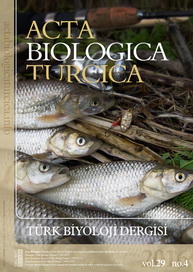A comprehensive assessment of manufacturing towards zero waste
Abstract
The word "waste" typically refers to something in our environment that can be recycled, reused, reduced, or even completely eliminated. Electronic and electrical goods, manufacturing scraps from daily necessities, etc.-a large amount of waste is produced every day, but the processing of this waste is delayed. The concept of zero waste encourages manufacturers and consumers to continually adopt sustainable practices to reduce costs and improve the world. Researchers have already discussed various approaches to dealing with physical litter, but the chemicals typically produced from this litter are more dangerous and have received less attention. The capability of utilizing CO2 and nutrients from wastewater to make a variety of commercial bioproducts is provided by microalgae. It is difficult to create self-sustaining systems for the full valorization of algal biomass into valuable biobased products. Sustainable algal processing currently confronts a number of difficulties, such as expensive cultivation, challenging harvesting, and insufficient biomass vaporization. This evaluation assessed the potential of developing technologies with an emphasis on integrated strategies for the development of sustainable algal biorefineries, ensuring the sustainability of the relationship between the environment, water, and energy. Despite enormous efforts and resource expenditures, oleaginous microalgal biodiesel still cannot compete with petroleum-based diesel on a sustainable basis. The main reasons for this are the technical and financial difficulties associated with large-scale cultivation and downstream processing of algae, water and land use, stabilized production technology, market forces, and government regulation of alternative energy and carbon credits.
Keywords
Zero Waste; Electrical Waste; Algal Processing; Microalgae; Biodiesel
Full Text:
PDFRefbacks
- There are currently no refbacks.

